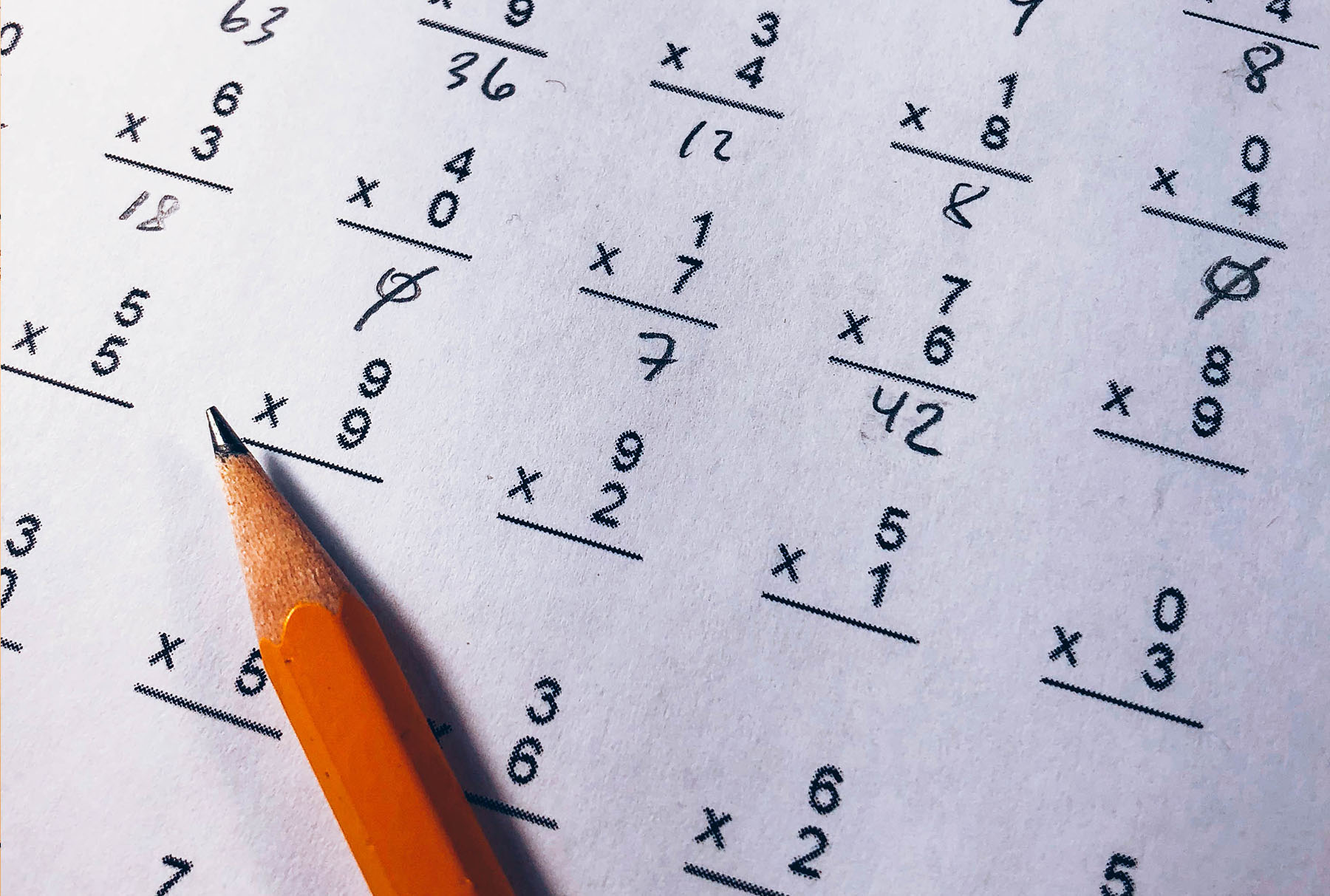Introduction to 24 Hour Take Home Exams
Although not common, the take home exam paper is not an entirely new type of assessment and you may have encountered a version of it before. It may be used in place of a face-to-face exam or where coursework would not make a good substitute to assess your learning. We've summarized a few things you might find it helpful to know.
What do they test?
The 24 hour take home paper will still test the learning outcomes specified for the module, and address material you've already covered in teaching. You might find it reassuring to look again at the module handbook to remind yourself of the learning outcomes and consider which of them have not yet been assessed – the take home paper may be designed to focus more on these. Check the information you've been sent or ask your module leader if you have any questions about which learning outcomes the exam intends to assess, and how.
Whether it has been significantly adapted from the originally planned exam or not, the take home exam will still assess your learning to the same standard – you will have the opportunity to demonstrate how hard you've worked, how much you've learned and how well you meet the same learning outcomes, and your degree outcome will have the same high value.
Unlike most traditional exams, the take home paper is 'open book'; that is, you will be able to access your lecture notes, textbooks, journal articles and indeed any resources available to you online. This means that the exam will have less focus on memorizing knowledge and recalling information, and more opportunity to show off your higher order thinking, such as application, analysis, criticality and evaluation. It might be useful therefore to remember that an open-book take home paper is less about finding an answer in the resources you have access to, and more about making a solution out of the materials you have available. This will also have implications for your revision strategy and how you prepare in advance.
What's expected?
Although you have 24 hours to complete the exam, you are NOT expected to work round the clock! The take home exam replaces a traditional face to face exam, and you are not expected to spend more on it during the exam period than you would have done in the originally planned face to face exam. Your module leader will tell you how long you're expected to spend on the exam during that 24 hour period, and may give you other indications of how much work is expected, such as a word limit.
You will, however, still be expected to do the same amount of revision and preparation for the exam. It might seem logical to only do the preparation during the 24 hours once you know what the question will be, but this will place a lot of pressure on you to research and revise material as well as sit the exam over that 24 hour period. This may mean that you become overtired and overwhelmed, and don't do yourself justice in your answer.
You might be given material to work with in the exam such as a scenario, case study or article, or you might simply be given questions to answer with the resources you have prepared and organized. However, you will probably be expected to go beyond your lecture notes and any textbook in the materials you draw on and make use of the wide variety of sources you have available to you during your revision and the exam itself. You will still be expected to draw on high quality information, so do let your module leader or the Library know before the exam if you're finding it difficult to access suitable wider reading.
You will be typing your answer, as it will be submitted online. This will make it easier to present a more polished piece of text. However, you might wish to find out how much emphasis markers will be placing on this in the take home exam – are they expecting higher standards of presentation than in a traditional handwritten exam or would focusing on the formatting be a distraction?
In take home papers that allow you to consult wider reading, you will be making greater use of sources in your answer, as you will have them to hand. Find out whether or not they expect full and correct referencing in your answer, or whether, as it is an exam rather than coursework, partial (Maslow says...) or implied citation (studies show...) is enough – and whether you will need to include a fully referenced list at the end.
